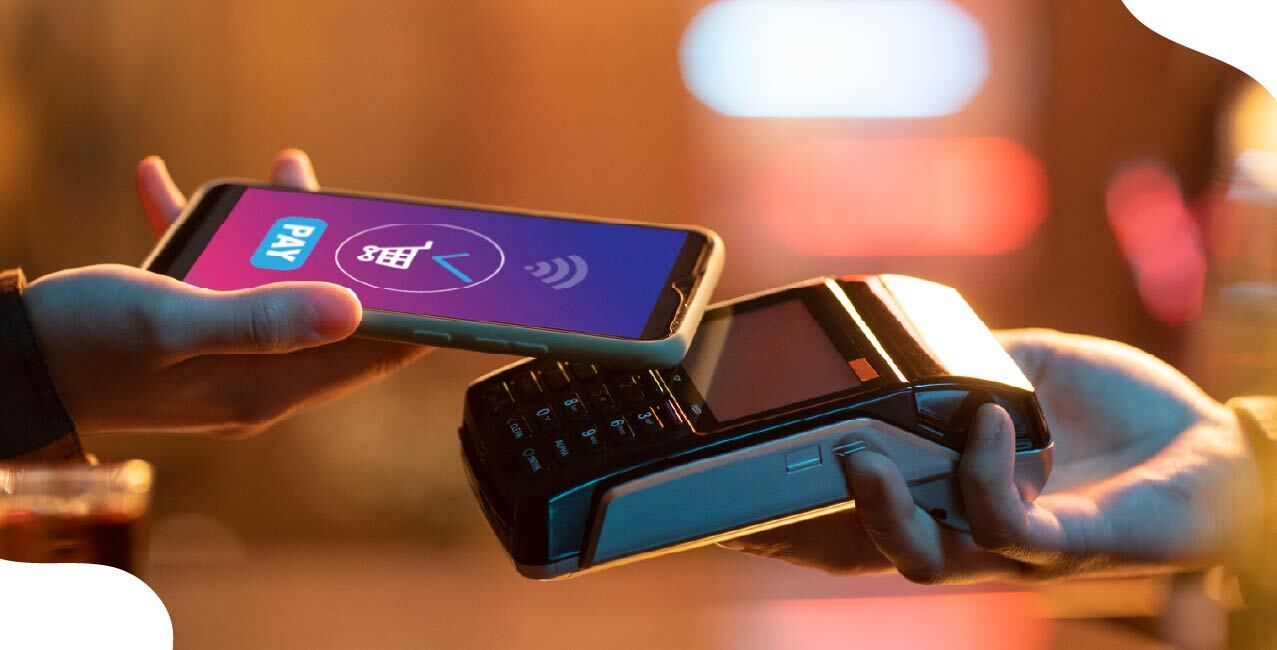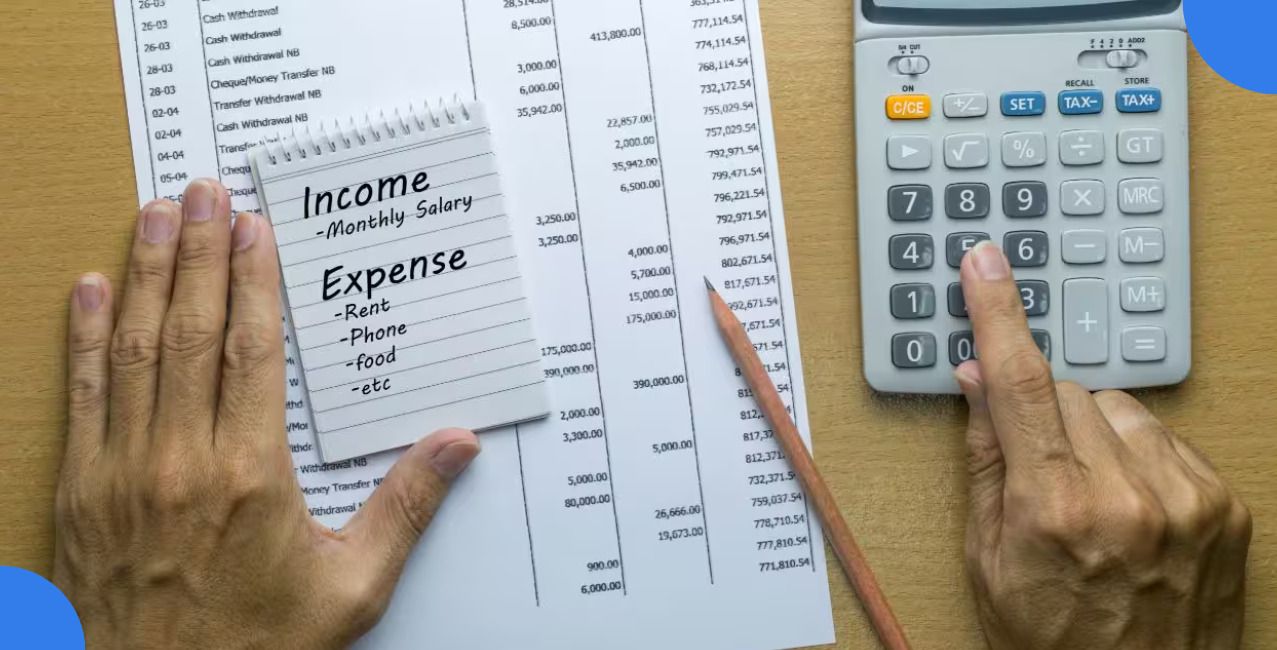What is a Payment Gateway? Meaning, Types & How It Works in E-commerce

Check Your Loan Eligibility Now
By continuing, you agree to LoansJagat's Credit Report Terms of Use, Terms and Conditions, Privacy Policy, and authorize contact via Call, SMS, Email, or WhatsApp
A payment gateway is a tool used in e-commerce to accept card payments online. It sends payment details from the buyer to the seller safely. It helps shops and websites collect money from customers using cards or phones.
Ramesh, a 35‑year‑old man from Jaipur, selected a ₹2,499 Bluetooth speaker during an online sale. He applied a ₹300 discount coupon and proceeded to the card payment page. Although his card was charged and his bank message showed ₹2,199 debited, the website displayed “Transaction Failed.” No order was placed, and his money was stuck temporarily. Later, it emerged that the payment gateway had failed to connect to the bank, likely due to high traffic. His money was refunded within three days.
In this blog, the working, types and features of a payment gateway will be explained and help everyone understand how card payments online are handled in e-commerce.
How is a Payment Gateway Used?
When someone pays online, the gateway safely moves the payment from the customer’s bank to the merchant’s account within seconds. Popular payment methods include cards, UPI, digital wallets, and net banking.
Sneha, aged 28 from Pune, used a grocery app to pay ₹1,850 with her credit card. The app encrypted her card details and sent them to the payment gateway. The gateway forwarded the encrypted data to the payment processor, which asked her issuing bank to authorise the payment. The bank approved it, and the order was placed almost instantly.
Let’s break down what really happens behind the scenes when you pay online, right from clicking “Pay Now” to the shop receiving the money.
As you can see, all five steps happen within seconds, securely and smoothly, thanks to modern payment gateways.
What Are the Types of Payment Gateways?
Read More – What is E-Commerce? Types, Examples & How It Works in India
Different payment gateways are used depending on what the shop needs. Some send customers to another page to pay, while others let them stay on the same page. Few gateways are connected directly to local banks.
Arjun, a 25-year-old in Delhi, ordered a thali worth ₹350 from a food delivery app. When he clicked “Pay Now,” he was taken to a new page managed by PayU to enter his card details. This is called a hosted payment gateway.
What Features Are Found in a Payment Gateway?
To keep online payments safe, fast, and easy, many smart features are added to a payment gateway. These help protect users and give better service while shopping online.
Rahul, a 32-year-old from Bengaluru, bought a smartwatch from a US website for $150 (around ₹12,500). His card was accepted in seconds, and currency was changed automatically. The payment was protected with a code sent to his phone. All this was done by the payment gateway without him knowing all the steps.
Common Features of a Payment Gateway
Here are some common features of a payment gateway that make online shopping safer, faster, and easier for everyone:
These features work together to protect users, support global payments, and make sure transactions happen smoothly and quickly.
What Are the Benefits of Using a Payment Gateway?
When a payment gateway is used, online payments become easy, fast, and safe. This makes both the shop owner and the customer feel happy and stress-free. These benefits help online businesses grow.
Seema, a 40-year-old from Indore, started an online boutique for handmade kurtis. After adding a payment gateway to her website, she saw more sales. Customers trusted her more because payments became faster and safer. One customer even paid ₹3,200 without asking a single question.
Main Benefits of Using a Payment Gateway:
Here are the main benefits of using a payment gateway: they make online payments safer, faster, and easier for both customers and businesses.
In short, a payment gateway is not just a tool; it’s the backbone of smooth, secure, and round-the-clock digital payments.
What Is the Cost of a Payment Gateway?
Payment gateways are not always free. Some charge a setup fee, others charge monthly. Almost all take a small part of every payment. These costs must be known before starting an online business.
Also Read - Paytm Receives RBI’s In-Principle Approval for Online Payment Aggregator Licence
Manish, a 29-year-old from Chandigarh, opened an online store for phone covers. He chose Stripe as his payment gateway. He was charged 2.9% + ₹20 on each sale. When he sold a phone cover worth ₹500, ₹34.50 went to Stripe. He kept the rest.
Popular Payment Gateways & Their Costs:
Choosing the right payment gateway depends on your business size, budget, and where your customers are. Here's a quick look at some popular payment gateways and what they charge:
Each payment gateway comes with its own pricing and strengths. Pick one that fits your sales volume, customer base, and long-term goals.
How Can the Right Payment Gateway Be Chosen?
Before a payment gateway is picked, many points must be checked. Not all gateways work the same. Some are cheaper. Some are faster. Some give better help. Picking the wrong one can cause trouble for both the shop and the customers.
Nisha, a 33-year-old from Kochi, opened a website to sell pet food and toys. She chose a gateway that was slow and had no UPI option. Many payments failed. Later, she switched to Razorpay, and sales improved. Now, even ₹99 treats get sold fast.
What is the Future of Payment Gateways?
Payment gateways are becoming faster, safer, and smarter. In India, more people now use UPI, mobile wallets, and contactless cards. New things like voice payments, AI fraud checks, and even crypto payment support are being added.
In FY24, ₹6.5 lakh crore worth of contactless payments were made, this shows how quickly people are moving to smarter payment tech.
Payment technology is growing fast. Here are some future features you might see more often, explained in easy words:
These features are making payments smarter, safer, and easier. Whether you're a small business or growing fast, these tools can help you stay ahead.
Conclusion:
Payment gateways are no longer just a back-end tool. They are now essential for every online business. Whether you're buying groceries or running an international art store, a secure and smart payment system is needed.
From card payments to UPI, and now to crypto and voice payments, gateways are evolving fast. By using the right payment gateway, smoother checkout, better security, and faster money flow can be enjoyed.
FAQs:
1. Is the payment gateway safe for online payments?
Yes. Payment gateways use encryption and fraud checks to keep transactions safe.
2. Can a small business use a payment gateway?
Yes. Many gateways offer no-code solutions and links to help small sellers collect payments easily.
3. How much fee is charged by payment gateways?
Fees depend on the provider. It’s usually between 1.5% – 3% of the transaction amount.
4. Which is the best payment gateway in India?
Some popular gateways are Razorpay, Cashfree, PayU, and CCAvenue; the best one depends on your business needs.
Other Related Pages | |||
About the author

LoansJagat Team
Contributor‘Simplify Finance for Everyone.’ This is the common goal of our team, as we try to explain any topic with relatable examples. From personal to business finance, managing EMIs to becoming debt-free, we do extensive research on each and every parameter, so you don’t have to. Scroll up and have a look at what 15+ years of experience in the BFSI sector looks like.
Subscribe Now
Related Blog Post

Salaried vs. Self-Employed: Who Gets a Personal Loan Faster in 2025?

Too Many EMIs? What to Do When Monthly Payments Become Unmanageable

Post Office Customer Care Number: Helpline & Support
Recent Blogs
All Topics
Contents
Quick Apply Loan
Consolidate your debts into one easy EMI.
Takes less than 2 minutes. No paperwork.
10 Lakhs+
Trusted Customers
2000 Cr+
Loans Disbursed
4.7/5
Google Reviews
20+
Banks & NBFCs Offers
Other services mentioned in this article





